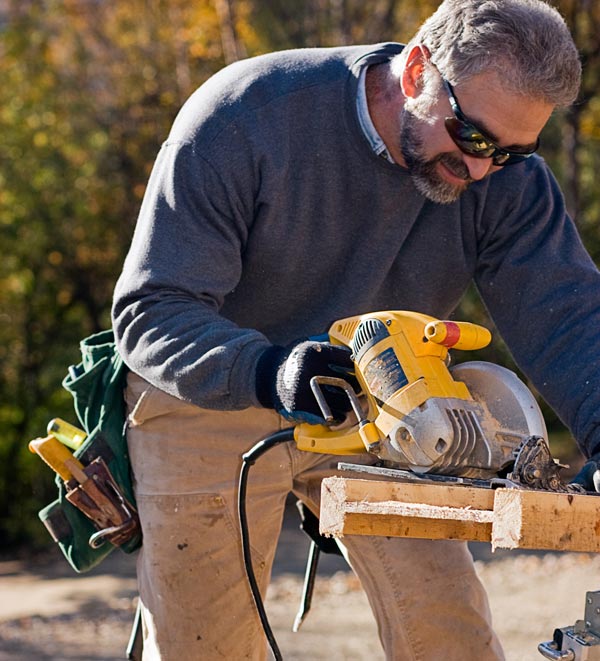Power Tool Guide

As we approach summer, it’s become more apparent that we only have a couple months of good weather to finish our outdoor home projects. Power tool manufacturers have not made it easy to practice safe equipment usage. But look no further, Metro Electric is here to help!
Before touching any of your tools, be sure to follow the safety steps below:

- Read the owner’s manual to understand the tool’s proper applications, limitations, operation and hazards.
- Dress properly for the job. Wear long pants, close-fitting clothes, sturdy shoes, and safety glasses. Don’t wear anything that could get caught in moving parts.
- Rid the working area of debris and obstacles to prevent slips or trips with or around power tools.
- Be sure to inspect the cord for fraying, cracks, and other damage before use, and avoid using an electric tool while standing on a wet surface.
Now you’re ready to get your tools together. After reading the owner’s manual, you will know what tool requires which extension cord. But just in case you threw out the manual years ago, we put together a guide to help ensure you are on the right track to safety when picking the proper extension cord.
| Designation Letter | Meaning |
|---|---|
| S | General use |
| W | Outdoor use |
| J | Junior service – 300 V Service cord |
| P | Parallel wire construction |
| T | Made from vinyl thermoplastic |
| E | Made from thermoplastic elastomer rubber |
| O | Oil resistant |

It’s easy to think all extension cords are the same…Turns out the lower the gauge number, the thicker the conducting wire(s) inside the extension cord and thus, the greater flow of electricity. A wire’s thickness directly affects the amount of current (or amps) it can carry. Choosing a slightly lower gauge (thicker wire) will ensure electricity flows freely through the outdoor extension cord.
| Cord Length | Device Amp Rating | Minimum Extension Wire Gauge |
|---|---|---|
| 25 Feet | 1 to 13 Amps | 16 Gauge (Light Duty) |
| 25 Feet | 14 to 15 Amps | 14 Gauge (Medium Duty) |
| 25 Feet | 16 to 20 Amps | 12 Gauge (Heavy Duty) or 10 Gauge (Extra Heavy Duty) |
| 50 Feet | 1 to 13 Amps | 16 Gauge (Light Duty) |
| 50 Feet | 14 to 15 Amps | 14 Gauge (Medium Duty) |
| 50 Feet | 16 to 20 Amps | 12 Gauge (Heavy Duty) or 10 Gauge (Extra Heavy Duty) |
| 100 Feet | 1 to 10 Amps | 16 Gauge (Light Duty) |
| 100 Feet | 11 to 13 Amps | 14 Gauge (Medium Duty) |
| 100 Feet | 14 to 15 Amps | 12 Gauge (Heavy Duty) |
| 100 Feet | 16 to 20 Amps | 10 Gauge (Extra Heavy Duty) |
